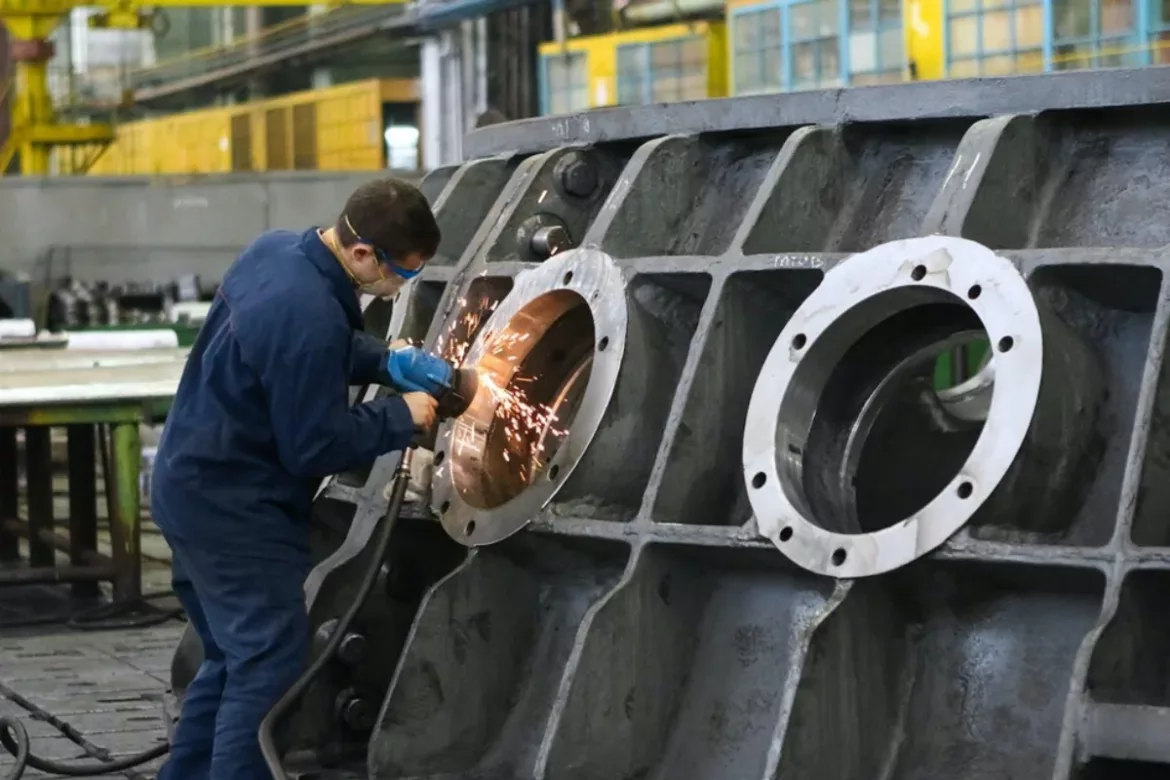In industries like manufacturing, precision and accuracy aren’t just important — they’re a necessity. As this industry, in particular, continues to push boundaries of what’s possible and work to meet increasing consumer demands, the role of innovative technologies has never been more clear.
One technology that stands above many is the implementation of coordinate measuring machines, also known as CMMs. These machines have become an integral part of manufacturing companies and their production lines for the efficiency and precision they bring.
In this article, we take a closer look at the parts of a coordinated measuring machine and the role they play in the manufacturing industry.
Table of Contents
Probes and Sensors
CMMs are designed to measure and collect data points from various geometric objects. This is achieved through the machines’ probes and sensors, which play a crucial role in the overall process. Probes are typically available in three formats — touch-trigger, scanning probes, or non-contact probes.
Touch trigger, as the name suggests, touches the physical surface of the object and sends a signal to the CMM’s software before moving to the next location to repeat the same actions. Scanning probes pass over the surface of the object and transmit a repetitive flow of information. The latter, non-contact probes, use laser or video measurement technology to collect the necessary data and are often best suited to objects that are delicate or fragile.
CMM Arms
When it comes to collecting measurement data on a manufacturing floor, the technology used to complete these tasks must be able to move seamlessly in multiple directions and assess all areas of complex objects. That’s where CMM arms come in — they allow flexibility and mobility during the measuring process that is incredibly valuable to those operating on the shop floor.
Control Software
The orchestration of complex CMM probes and arms requires software that’s equally as sophisticated. CMM software plays an integral role in manufacturing measurements, as it can interpret the data collected by the proves and create a detailed digital model that helps operators and production designers understand how to move forward with greater efficiency and accuracy.
Quality Control & Assurance
CMMs play an integral role on manufacturing floors because they offer an unparalleled level of quality control that can be directly linked to the final product and overall customer satisfaction. These machines offer incredible value and contribute significantly to the quality assurance process by providing accurate and trusted measurements.
CMM Cost Efficiency
Businesses rely on their abilities to cut costs without sacrificing the quality and reputation of their products. CMMs, with their reliable probes, sensors, and software, can help industry leaders meet quality standards and minimize waste and rework — which, in turn, leads to a more cost-efficient production process.
CMMs offer short-term and long-term financial benefits that cannot be overlooked. By reducing defects, the need to rework, and warranty claims, manufacturing leaders can save a significant amount of money not only in the present but well into the future.


